Knesset Majority: ‘Don’t Divide Jerusalem!’
by Hana Levi Julian
7 Cheshvan 5768, October 19, '07
(IsraelNN.com) More than half of Knesset Members from both the opposition and the coalition factions have signed a petition against plans to hand over parts of Jerusalem to the Palestinian Authority.
The document rejects plans to relinquish Israel’s sovereignty over holy sites in the Old City and the City of David, just outside the Old City walls, as well as possible intentions to give eastern Jerusalem’s Arab neighborhoods to the PA.
Likud MK Yisrael Katz and other Likud MKs spearheaded the drive, and they were quickly joined by nearly 30 coalition MKs, including thirteen members of Prime Minister Ehud Olmert’s own Kadima party and all of Shas.
Two Yisrael Beiteinu (Israel Our Home) MKs, David Rotem and Esterina Tartman, signed the petition, as did Yoram Marciano of Labor - the only Labor MK to do so. Four ministers also signed the petition, including Yaakov Edry and Ze’ev Boim of the Kadima party, and two others from the Gil Pensioners’ party.
“It is possible that Olmert could divide Jerusalem and we would have to face that reality, but it’s illegitimate, especially since he’s putting Jerusalem on the agenda to distract from his other problems,” said Likud MK Reuven Rivlin.
Olmert: Knesset Not Necessary
The prime minister asserted earlier this month that he does not need the Knesset’s approval to reach a joint declaration with Palestinian Authority Chairman Mahmoud Abbas, including one that might include an agreement to hand over parts of Jerusalem to the PA. He has said that Jerusalem is not currently on the negotiating table, but several plans to divide the capital have emerged from Olmert’s close associates.
Prime Minister Olmert denied reports earlier in the week that his government planned to give away parts of the sacred capital, but avoided specifically defining the city limits, giving rise to speculation that he indeed intends to give up Israel’s control over some of Jerusalem.
Summit Still Not Certain
Foreign Minister Tzipi Livni said she would meet again today (Friday) with PA negotiators in an attempt to come to a pre-summit agreement. Abbas said this week that the PA's participation in the US-sponsored summit was not a certainty, and that the PA would not retreat from its demands for a joint detailed pre-summit declaration with Israel. Israel insists on only a general declaration, with details to be ironed out later.
additional references
Jpost story
Israel Hasbara Committee
JTA
Ynet
Interesting David Bedein analysis

from Jewish Virtual Library
Who actually trusts Ehud Olmert anymore? I do not engage this discussion lightly with the implications for loshon hara, but really? What does Olmert think of when he says "Jerusalem"?. Is it merely the Jewish communities held after 1949 but not those post 1967? Does it include the Kosel? Har HaBayis? Har Zesim? Har HaZofim? In his mind he clearly distinguishes between dividing as in down the middle, and separating out areas he considers non-vital.
'What is Jerusalem' is a question which will be a significant one in future debates over agreements which Olmert might bring to the Knesset and world Jewry. One can expect that Olmert has already had detailed discussions with Abu Mazen as to what part of Jerusalem he is willing to give away and what parts for political expediency he is unwilling to transfer.
The opposition to "dividing" Jerusalem is not as strong as the above articles might portray. The nationalist side and the left who are now signing on to "no division" have different interpretations of what that means as outlined above. Olmert probably has more support than the media is portraying. Shimon Peres, for his part, the President of Israel, expresses Olmert's position better than Olmert, being "Jerusalem must retain its Jewish majority" (see the Ynet article above).
This is of course a red herring for the socialist Peres who cares little about the Jewish majority deferring to the politics of ethnicity as defined by Israelism. What is more or less "Jewish" about any specific area of Jerusalem, he might say, is less important than what we are politically able to explain from a tactical perspective.
Nationalists and significant majorities of Jews world-wide understand that cities grow or shrink due to population change. As the population of Jerusalem has grown, housing must be added. To presume that a municipality cannot expand is ludicrous. After Israel gained control over Jerusalem in 1967 the city was proclaimed the eternal capital, never to be divided (see The OU position). And that proclamation is merely a modern stamp of approval on what is clearly declared throughout TaNaKh.
It is indeed the atheism of Peres and Olmert which obfuscates the truth of united Jerusalem. It is the same lack of faith which stands by and watches the Waqf tear through what appears to be remnant walls of the Beis HaMikdash today, overturning dirt which has covered ruins for thousands of years. On a side note, I have wondered about the Halachic implications (if there are any) of the Arabian desecration of the Temple ruins. Within approximately the last 10 years, Jews have been exposed to actual ruins of the Beis HaMikdash, areas unseen since the days the Rabbis of the Gemara were living. I wonder if additional mourning rituals might apply, as if a grave were to be exhumed? If not, maybe we should?
Digression over.
Jerusalem has been portrayed as a politically divisive and therefore, an off the table point of discussion from the beginning of the era of negotiations with the Arabian palis. It was shoved away to the end of the negotiation period thinking that, if all the other issues can be resolved, surely we will not let Jerusalem get in the way?
Wrong. Jerusalem will never be negotiable and if it means throwing out an end of conflict agreement, so be it. Judaism cannot justify a hand over of Jerusalem.
This could be a test for today similar to the tests we are now returning to in the parashios of Bereshis facing Avraham Avinu. Jews may indeed grow from this test as is the implication of the test itself, an opportunity to release the pintele Yid inside. We ask HaShem for a return to and growth in Yiddishkeit by all Jews, hanging on until now if only for the memory of Jerusalem, the focal point of our prayers and where heaven and earth touch with a kiss. The alternative could be too devastating to consider.




















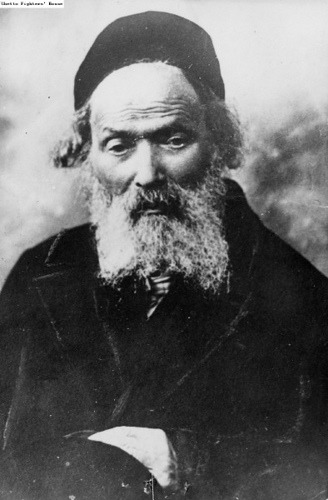


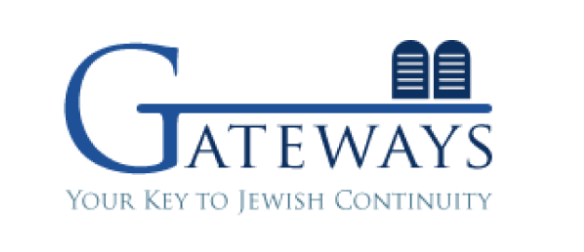













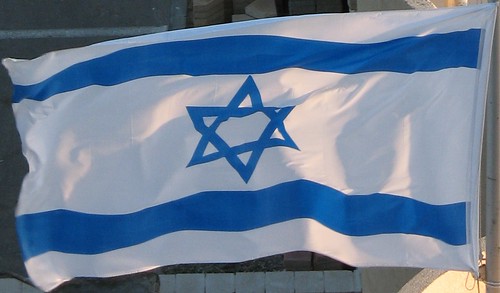
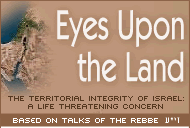

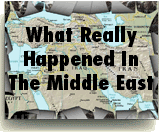








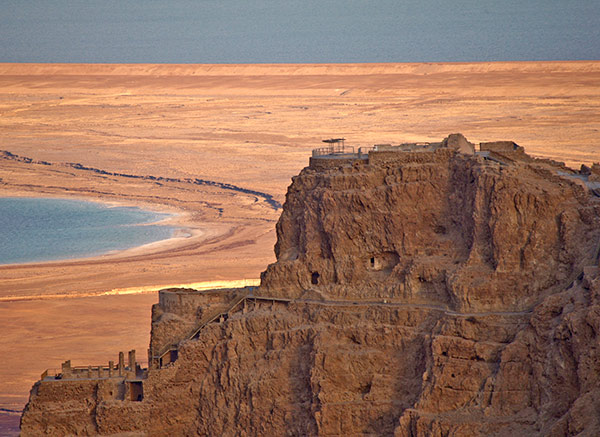
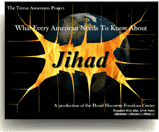
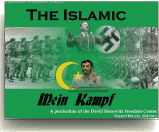




0 comments:
Post a Comment